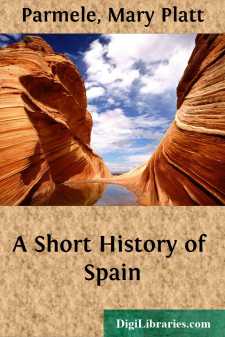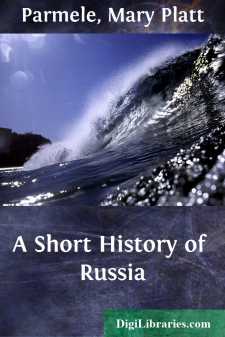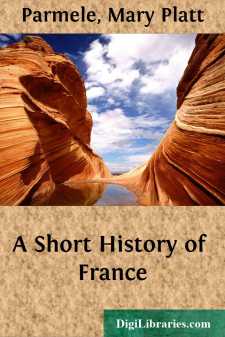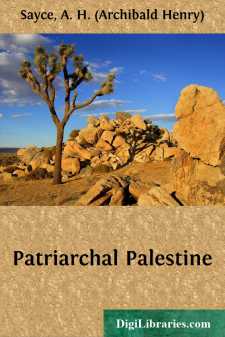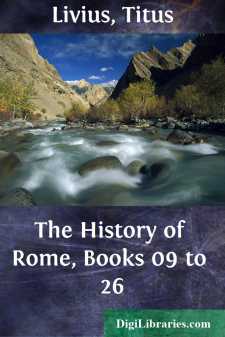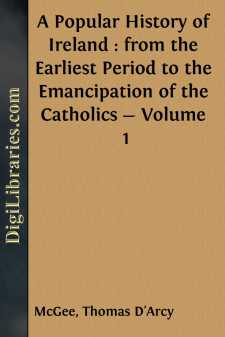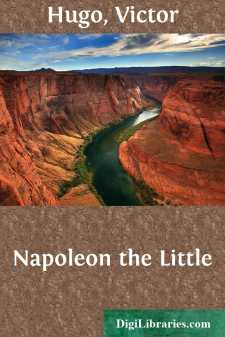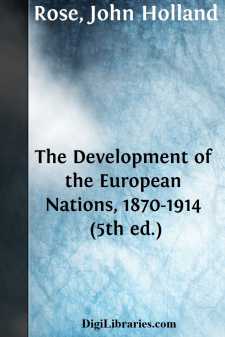Categories
- Antiques & Collectibles 13
- Architecture 36
- Art 48
- Bibles 22
- Biography & Autobiography 813
- Body, Mind & Spirit 142
- Business & Economics 28
- Children's Books 16
- Children's Fiction 13
- Computers 4
- Cooking 94
- Crafts & Hobbies 4
- Drama 346
- Education 46
- Family & Relationships 57
- Fiction 11829
- Games 19
- Gardening 17
- Health & Fitness 34
- History 1377
- House & Home 1
- Humor 147
- Juvenile Fiction 1873
- Juvenile Nonfiction 202
- Language Arts & Disciplines 88
- Law 16
- Literary Collections 686
- Literary Criticism 179
- Mathematics 13
- Medical 41
- Music 40
- Nature 179
- Non-Classifiable 1768
- Performing Arts 7
- Periodicals 1453
- Philosophy 64
- Photography 2
- Poetry 896
- Political Science 203
- Psychology 42
- Reference 154
- Religion 513
- Science 126
- Self-Help 84
- Social Science 81
- Sports & Recreation 34
- Study Aids 3
- Technology & Engineering 59
- Transportation 23
- Travel 463
- True Crime 29
A Short History of Spain
Description:
Excerpt
CHAPTER I.
No name is more fraught with picturesque and romantic interest than that of the "Spanish Peninsula."
After finishing this rare bit of handiwork nature seems to have thrown up a great ragged wall, stretching from sea to sea, to protect it; and the Pyrenees have stood for ages a frowning barrier, descending toward France on the northern side from gradually decreasing heights—but on the Spanish side in wild disorder, plunging down through steep chasms, ravines, and precipices—with sharp cliffs towering thousands of feet skyward, which better than standing armies protect the sunny plains below.
But the "Spanish Peninsula," at the time we are about to consider, was neither "Spanish" nor was it a "peninsula." At the dawn of history this sunny corner of Europe was known as Iberia, and its people as Iberians.
Time has effaced all positive knowledge of this aboriginal race; but they are believed to have come from the south, and to have been allied to the Libyans, who inhabited the northern coast of Africa. In fact, Iberi in the Libyan tongue meant freeman; and Berber, apparently derived from that word, was the term by which all of these western peoples were known to the Ancient Egyptians.
But it is suspected that the Iberians found it an easy matter to flow into the land south of the Pyrenees, and that they needed no boats for the transit. There has always existed a tradition of the joining of the two continents, and now it is believed by geologists that an isthmus once really stretched across to the African coast at the narrowest point of the Straits, at a time when the waters of a Mediterranean gulf, and the waters flowing over the sands of Sahara, together found their outlet in the Indian Ocean.
There is also a tradition that the adventurous Phenicians, who are known to have been in Iberia as early as 1300 B.C., cut a canal through the narrow strip of land, and then built a bridge across the canal. But a bridge was a frail link by which to hold the mighty continents together. The Atlantic, glad of such an entrance to the great gulf beyond, must have rushed impetuously through, gradually widening the opening, and (may have) thus permanently severed Europe and Africa; drained the Sahara dry; transformed the Mediterranean gulf into a Mediterranean Sea; and created a "Spanish Peninsula."
How long this fair Peninsula was the undisturbed home of the Iberians no one knows. Behind the rocky ramparts of the Pyrenees they may have remained for centuries unconscious of the Aryan torrent which was flooding Western Europe as far as the British Isles. Nothing has been discovered by which we may reconstruct this prehistoric people and (perhaps) civilization. But their physical characteristics we are enabled to guess; for just as we find in Cornwall, England, lingering traces of the ancient Britons, so in the mountain fastnesses of northern Spain linger the Basques, who are by many supposed to be the last survivors of that mysterious primitive race.
The language of the Basques bears no resemblance to any of the Indo-European, nor indeed to any known tongue....


